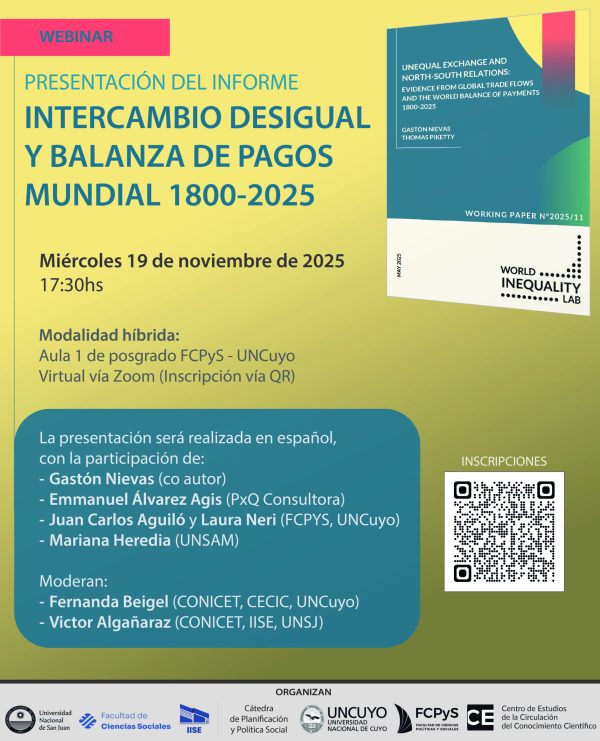The event will be held in a hybrid format on November 19 at 5:30 p.m. It will feature Gastón Nievas, Emmanuel Álvarez Agis, Juan Carlos Aguiló, Laura Neri, and Mariana Heredia.
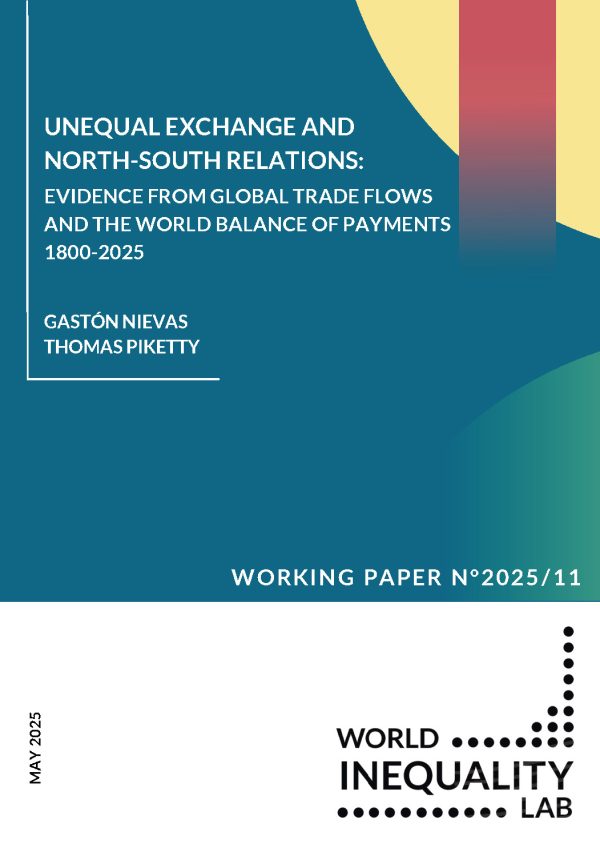
During the webinar, the Nievas-Piketty report entitled “Unequal exchange and North-South relations: evidence from global trade flows and the world balance of payments 1800-2025” will be presented. The report analyzes global trade flows and the world balance of payments, covering 57 major territories (48 countries and 9 residual regions) during the period 1800-2025. The construction of this database made it possible to analyze patterns of global imbalances, current account surpluses and deficits, and the accumulation of net external wealth over more than two centuries.
The presentation and discussion will be in Spanish and will feature the participation of co-author Gastón Nievas, with comments from Emmanuel Álvarez Agis (PxQ Consultora); Juan Carlos Aguiló (FCPyS, UNCuyo), Laura Neri (FCPyS, UNCuyo); and Mariana Heredia (UNSAM). The seminar will be coordinated by Fernanda Beigel (CONICET, CECIC-UNCuyo) and Victor Algarañaz (CONICET, IICE-UNSJ).
Participants

Gastón Nievas
National Accounts Coordinator at the World Inequality Lab (WIL). He is a PhD candidate at the Paris School of Economics (PSE) and studies how globalization shapes inequality, focusing on the persistent gaps between rich and poor countries, as well as the power relations that underpin them. His work lies at the intersection of geoeconomics and international macroeconomics.
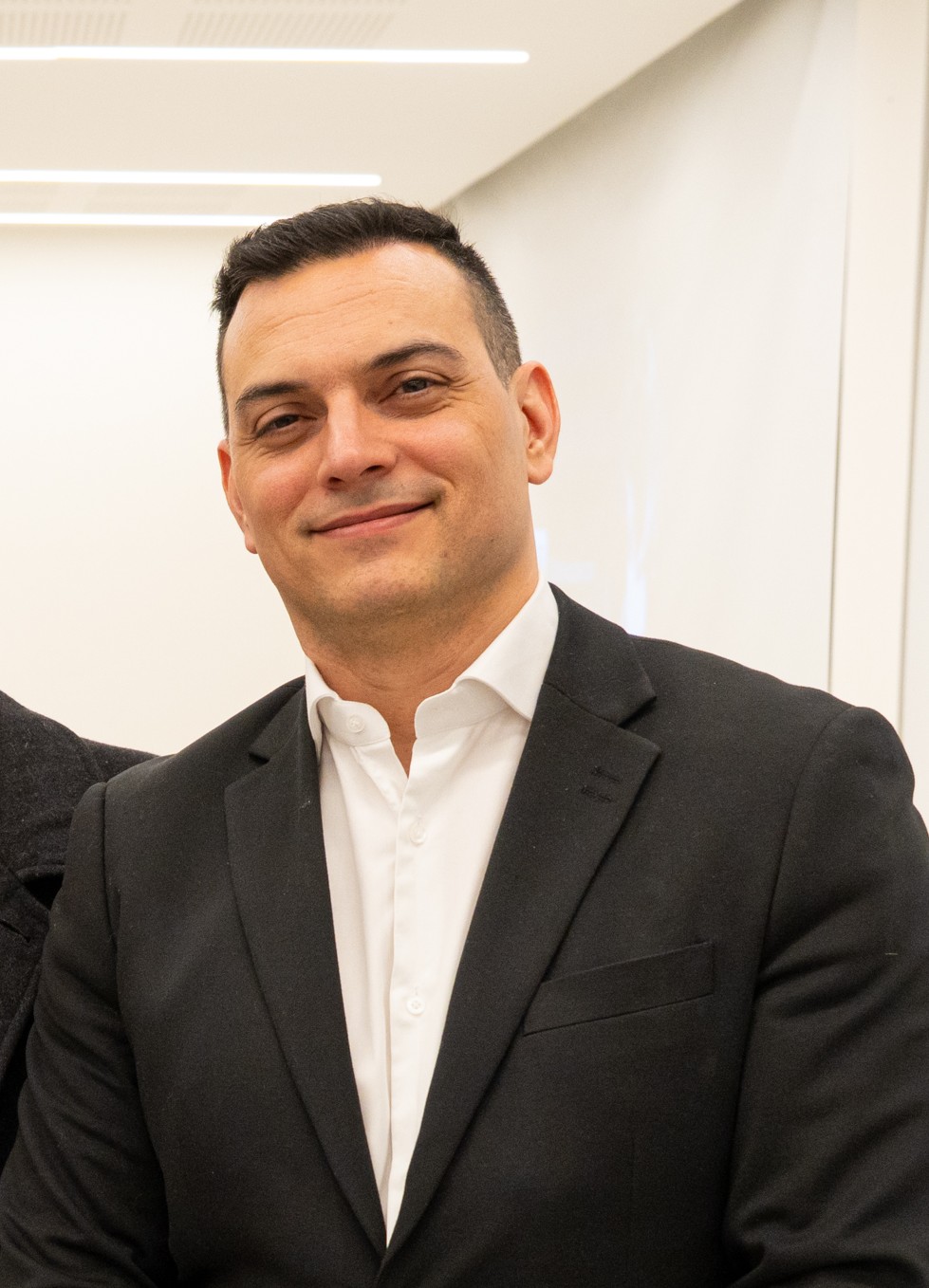
Emmanuel Álvarez Agis
Emmanuel Álvarez Agis holds a bachelor's and master's degree in economics from the University of Buenos Aires (UBA). He also has a postgraduate degree in public opinion and political communication from FLACSO. He was Deputy Minister of Economy between 2013 and 2015 and Undersecretary of Macroeconomic Programming between 2011 and 2013. He has advised the UN and the World Bank on economic policy and has published academic articles on macroeconomic issues in several specialized journals. He directed the economics program at the National University of Juarez Chihuahua (UNAJ) between 2016 and 2019. He is currently a partner at PxQ Consultora, where he heads the Macroeconomics department.
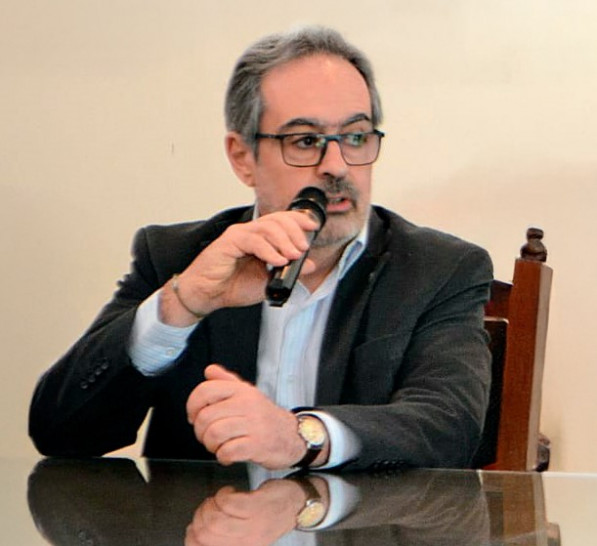
Juan Carlos Aguiló
Juan Carlos Aguiló holds a PhD in Social Sciences from UNCuyo, a Master's in Public Administration from Harvard University, and a Bachelor's in Sociology from UNCuyo. He works as a professor and researcher at UNCuyo: Full Professor of Social Policy, Faculty of Political and Social Sciences, UNCuyo; Postgraduate professor at national and international universities. He was Dean of the Faculty of Political and Social Sciences (2005-2011) and Coordinator of the Public Policy Area of the UNCuyo Rector's Office (2011-2014). He is Executive Coordinator of the Council of Deans of Social Sciences and Humanities Faculties (CODESOC); national and international consultant on government and public policy, public management, social development, social policy, and rural development. He is co-author of the book “Universal Child Allowance: Impact on Life Trajectories and Ideological Struggle,” published by the Floreal Gorini Cultural Cooperation Center, Buenos Aires, ISBN 978-3920-24-0, and of numerous articles on public and social policy.

Laura Neri
Laura Neri holds a PhD in Social Sciences with a specialization in Political Science from UNCuyo, Mendoza. She also holds a Master's degree in Social Sciences with a specialization in Political Science from FLACSO Argentina and a Diploma in Advanced Studies from Pablo de Olavide University, Seville, Spain. She has a degree in Political Science from UNCuyo, Mendoza, Argentina. She currently works as a lecturer and researcher in Social Policy and Public Policy at UNCUyo, Mendoza. She has taught courses on Social Policy at universities in Argentina and abroad. Her research topics include Inequality and Social Policy, Welfare States, and Social Policy in Latin America.
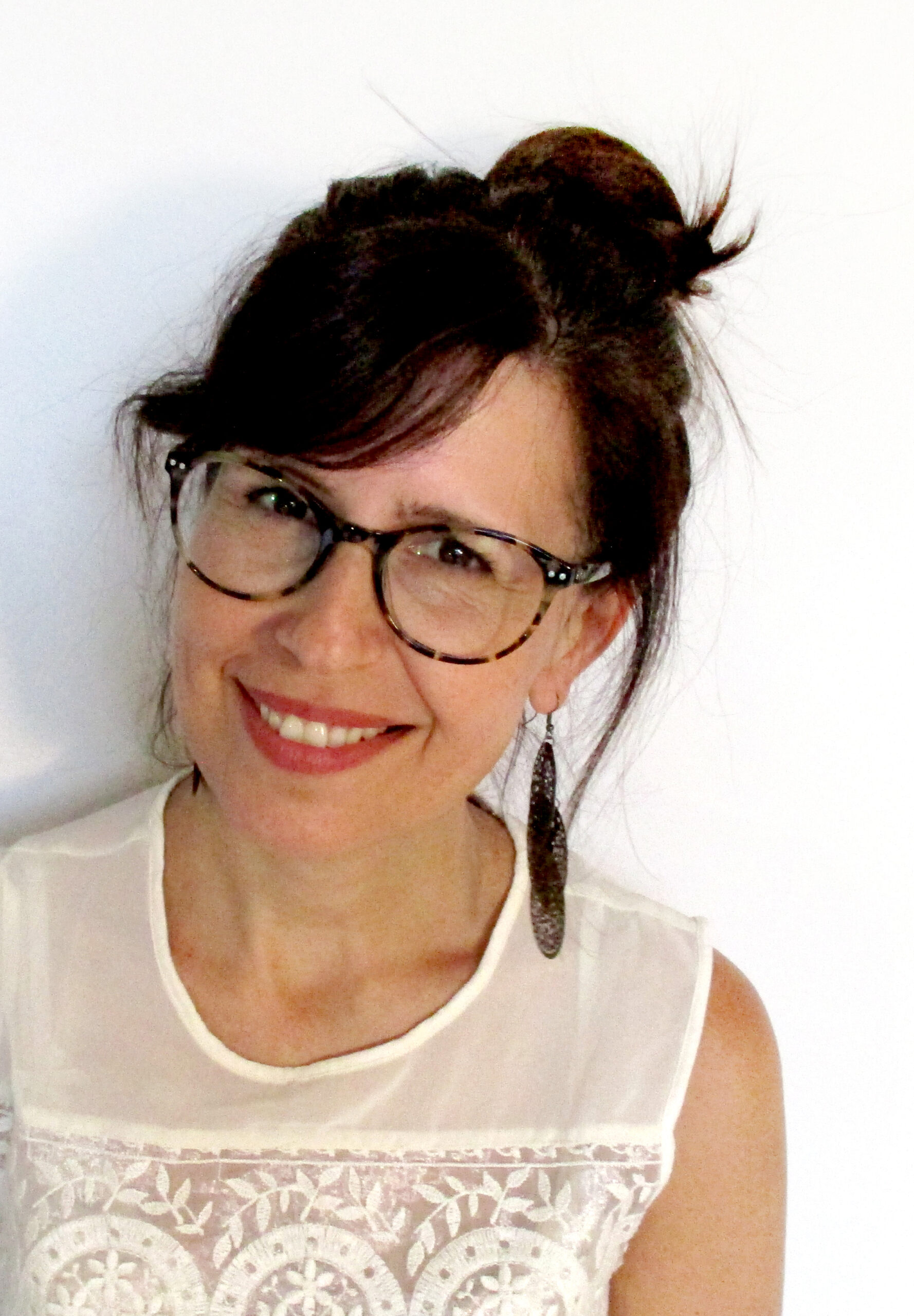
Mariana Heredia
Mariana Heredia is a specialist in the sociology of elites and the historical sociology of recent Argentina. She is a researcher at CONICET at the Institute of Higher Social Studies, where she also teaches undergraduate and graduate courses. In addition, she is the director of the Master's program in Economic Sociology and a professor at the University of Buenos Aires and the University of San Andrés. She has published numerous articles in national and international journals, as well as the books A quoi sert un économiste (Paris, 2014), Cuando los economistas alcanzaron el poder (Buenos Aires, 2015), and ¿El 99% contra el 1%? (Buenos Aires, 2022). She holds a PhD in Sociology from the Ecole des Hautes Etudes en Sciences Sociales.
